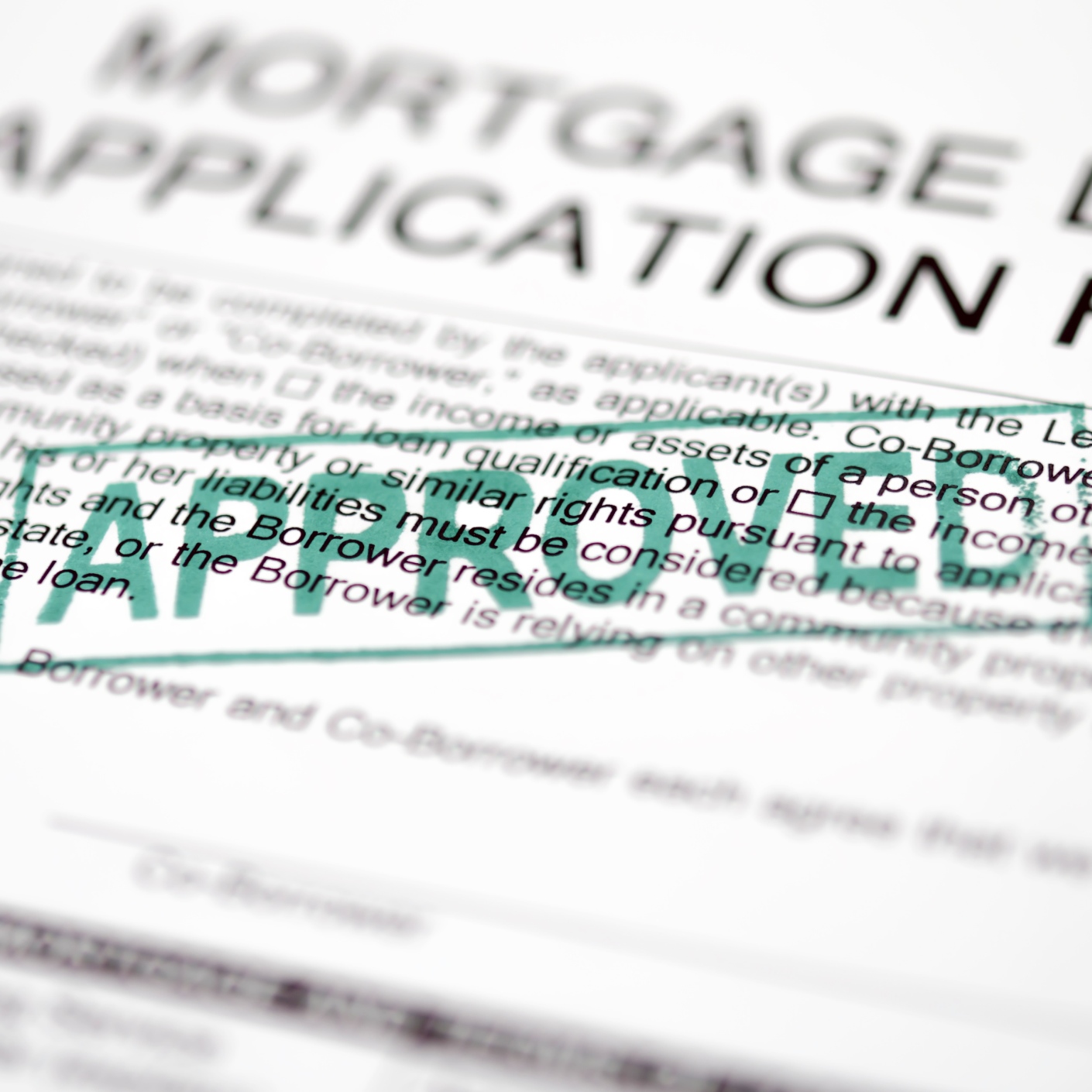Housing
Mortgage Loan Rates Fell Last Week, Applications Rose 4%

Published:
Last Updated:

The Mortgage Bankers Association (MBA) released its weekly report on mortgage applications Wednesday morning, noting an increase of 4.4% in the group’s seasonally adjusted composite index for the week ending May 19. During the week, mortgage loan rates fell on all five loan types that the MBA tracks.
On an unadjusted basis, the composite index increased by 3% week over week. The seasonally adjusted purchase index decreased by 1% compared with the week ended May 12. The unadjusted purchase index decreased by 2% for the week and is now 3% higher year over year.
The MBA’s refinance index increased by 11% week over week, and the percentage of all new applications that were seeking refinancing rose from 41.1% to 43.9%.
Adjustable rate mortgage loans accounted for 8.2% of all applications, up 0.1 percentage points compared with the prior week.
Matthew Graham at Mortgage News Daily noted on Tuesday that while mortgage rates continue to hover near year-to-date lows, there is increasing pressure for upward movement in the rates. Bond markets weakened yesterday, pushing interest rates slightly higher. Graham noted that “the rest of the week contains potential landmines for markets in the form of political headlines.”
According to the MBA, last week’s average mortgage loan rate for a conforming 30-year fixed-rate mortgage dipped from 4.23% to 4.17%, their lowest level since November. The rate for a jumbo 30-year fixed-rate mortgage fell from 4.23% to 4.11%, also a six-month low. The average interest rate for a 15-year fixed-rate mortgage slipped from 3.51% to 3.45%, another six-month low.
The contract interest rate for a 5/1 adjustable-rate mortgage loan decreased from 3.30% to 3.27%. Rates on a 30-year FHA-backed fixed-rate loan slipped from 4.11% to 4.07%.
Credit card companies are pulling out all the stops, with the issuers are offering insane travel rewards and perks.
We’re talking huge sign-up bonuses, points on every purchase, and benefits like lounge access, travel credits, and free hotel nights. For travelers, these rewards can add up to thousands of dollars in flights, upgrades, and luxury experiences every year.
It’s like getting paid to travel — and it’s available to qualified borrowers who know where to look.
We’ve rounded up some of the best travel credit cards on the market. Click here to see the list. Don’t miss these offers — they won’t be this good forever.
Thank you for reading! Have some feedback for us?
Contact the 24/7 Wall St. editorial team.